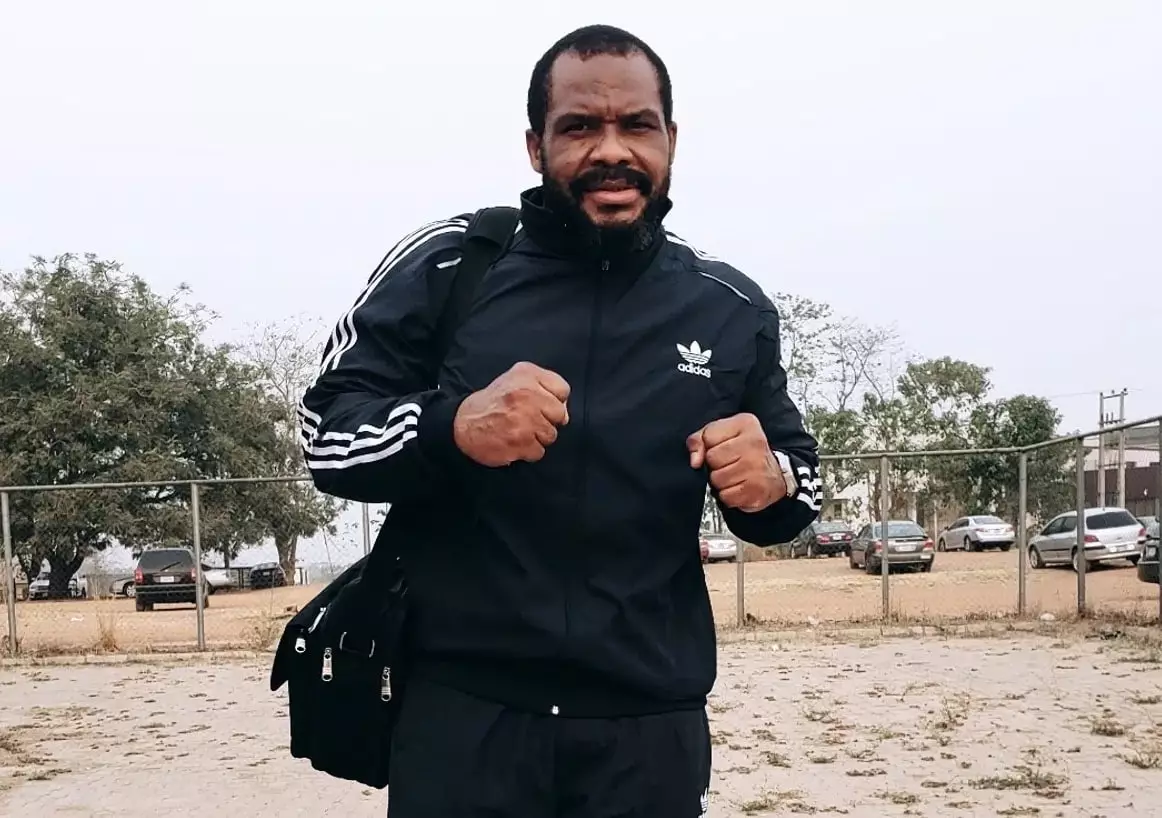In a shocking twist to the boxing narrative, former heavyweight contender Ike Ibeabuchi is set to return to the ring after an absence of 25 years. At 51, Ibeabuchi will face Ayman Farouk Abbas, a fighter with a modest record of 4-10-1, in a six-round bout scheduled for December 24th in Port Harcourt, Nigeria. While Ibeabuchi retains an undefeated record of 20 wins and 15 knockouts, the question on everyone’s mind is whether this comeback is a brilliant return or simply a nostalgic misadventure.
Ibeabuchi’s past is as riveting as his in-ring performances. Known for his explosive fights, particularly his iconic war against David Tua, which many regard as a modern classic, his anticipated return brings a wave of memories. Ibeabuchi’s last professional appearance, a fifth-round knockout of Chris Byrd in 1999, is a testament to his potential as a heavyweight champion. Yet, the intervening years have painted a troubling picture: Ibeabuchi suffered personal and legal turmoil, battling mental health issues and spending time incarcerated for severe crimes. This convoluted history raises concerns when contemplating his ability to step back into the sport.
Now, the boxing world awaits Ibeabuchi’s clash with Abbas, who is 47 years old and also coming off a lackluster run, including two consecutive losses. Abbas’ experience in the ring does not inspire confidence, especially after a controversial draw against Christopher Lovejoy, where he struggled despite being knocked down multiple times. The conditions of this matchup leave much to be desired, turning what could have been a highly competitive event into a curious exhibition.
As fans anticipate Ibeabuchi’s return, it is crucial to consider both his physical and mental state. Having been absent from professional boxing for so long, few can predict how well he has preserved his skills or how much he has deteriorated physically. More importantly, Ibeabuchi’s historical battles with mental health cannot be overlooked. After years of isolation, how well has he acclimated back into the sport’s environment? Is he emotionally fit to cope with the rigors and pressures of modern boxing?
Many boxing enthusiasts will undoubtedly tune in to witness this unusual event, fueled more by curiosity than a genuine belief in Ibeabuchi’s potential to reclaim his former glory. However, the unforgiving nature of boxing raises ethical questions about the motivations behind such comebacks. Are we as spectators celebrating the triumph of the human spirit or simply indulging in a spectacle of nostalgia? Ibeabuchi’s return could set a precedent about the consequences of long absences due to personal turmoil, prompting reflection on whether some fighters should stay retired to protect their legacy.
Ultimately, Ike Ibeabuchi’s return to the boxing ring is layered with complexity. It embodies hope, nostalgia, and concern as the lines blur between thrilling entertainment and the harsh realities of life after sport. Fans are left wondering not only what this fight will reveal about Ibeabuchi but also about the ongoing conversation surrounding mental health and recovery in professional sports. Missing for two decades, the boxing world will soon see if this heavyweight can deliver a surprise or if this comeback is merely a stepping stone into more profound questions about resilience and the cost of ambition.

